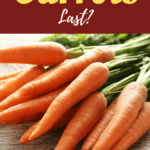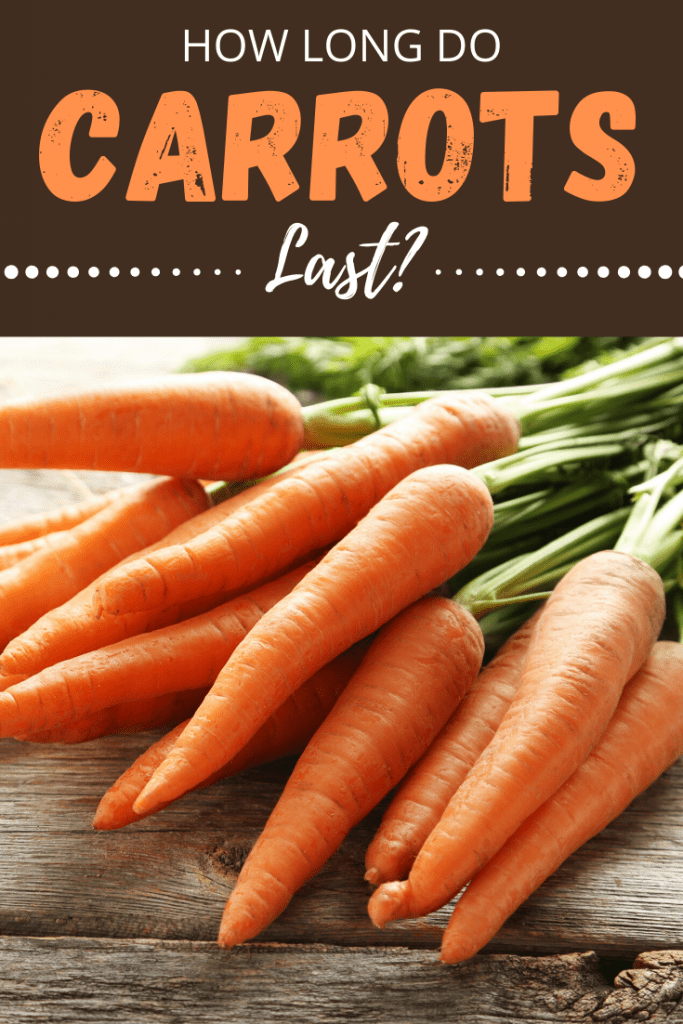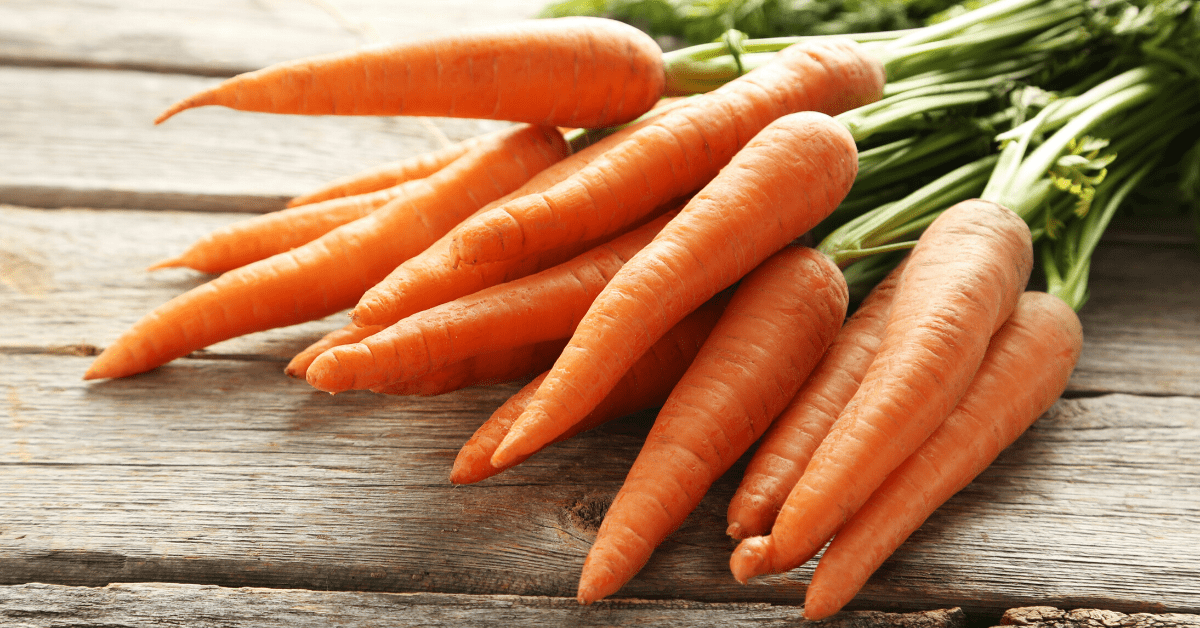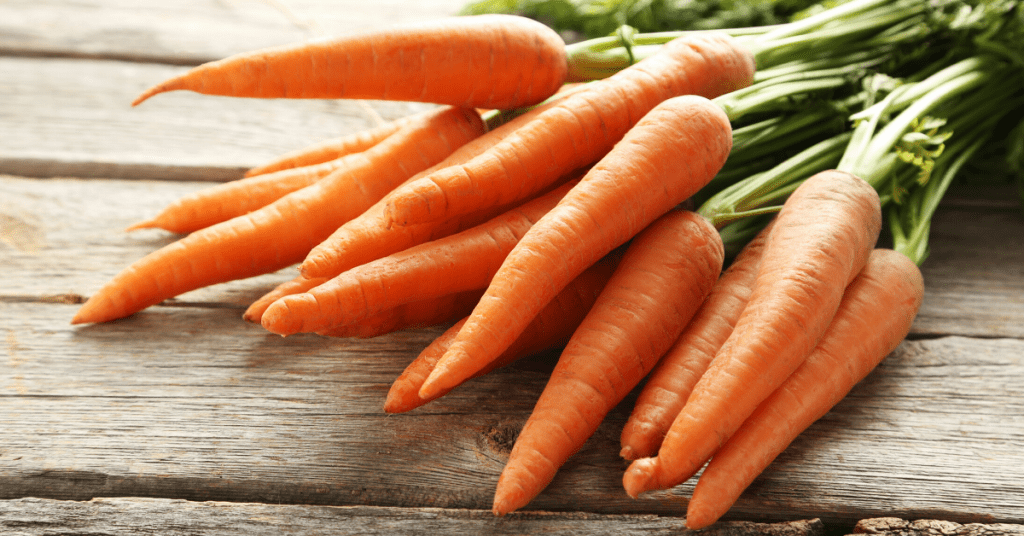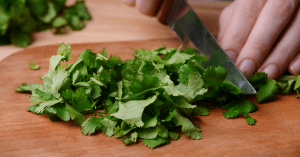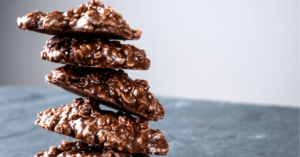But… there are numerous ways that you can extend their shelf life. In this article, we’ll be sharing the many benefits of carrots, how to store them, and how to make them last longer! Carrots are a must-have in any kitchen. They’re an excellent source of Vitamin A, which is great for the skin, eyes, and immune system. They’re also packed with other good stuff for the body, such as antioxidants, fiber, Vitamin K1, and potassium. And, apart from the multitudes of health benefits, this sweet and crunchy veggie is also an essential ingredient in many dishes. Another thing I love about carrots is that, unlike other vegetables, they have a much longer shelf-life. This means you can buy these bright orange crops in bulk! Which is great considering it’s much cheaper to buy in large quantities. But, while they’ll outlast most veggies, like everything else in the world, they do have an expiration date. Fortunately, there are a few simple ways to keep them around a while longer! So today, folks, we’ll talk about all things carrots – shelf life, proper storage, and how to extend their lifespan.
How Long Do Carrots Last?
The answer depends on how you store your carrots. Here’s a brief guideline:
If you keep the carrots in the pantry, they will last for 3 to 5 days.If you refrigerate raw carrots, they will survive for around 2 to 3 weeks. If you’ve already chopped or sliced the carrots, the shelf-life decreases to 3 to 5 days in the fridge.Cooked carrots will only last for 5 to 7 days in the refrigerator.When frozen, both raw and cooked carrots will last up to 10 or 12 months.
Take note that baby carrots have a slightly shorter lifespan than their bigger siblings. Subtract a few days from the guideline if you’re dealing with baby carrots.
How to Store Carrots
Let’s start with proper cleaning. If you purchase your carrots from the farmer’s market, chances are they’re covered in dirt and still come with the greens. So you want to brush off that dirt first. The keyword here is brush – do not wash carrots before storing them. And you also need to slice those tops off. Why, you ask? It’s because these green leaves will absorb most of the moisture from the carrots, turning them dry. Carrots need to be properly hydrated or else they wilt. So if you plan on using the carrot tops for a different dish, just store them separately. Carrots’ best chance at survival is to keep them chilled in the fridge. Place them in a plastic bag and store them in the coolest part of your fridge, which is most likely the vegetable drawer. Here’s another important tip: don’t store them along with fruits that produce ethylene (such as apples, pears, and bananas). Ethylene is a gas emitted by certain fruits as they ripen. While it’s not at all harmful, contact with carrots will cause them to ripen (and spoil) faster. Plus, exposure to ethylene will also give carrots a bitter flavor. Apart from the refrigerator, there are other storage options for carrots as well. For instance, if you intend to use your carrots within two days, you may keep them in a cool cellar or pantry. You can also store them in your kitchen cabinet, especially if you’ll be consuming them within a short period. Just be sure to store them in a dry place, away from heat.
How to Keep Carrots Fresh Longer
If you intend to keep your carrots around longer, here’s a great tip: wrap them in a paper towel before you store them. This helps because the paper towel will absorb the moisture produced by the carrots, which will prevent them from spoiling. If you use this method, be sure to check on the carrots at least once a week. If the paper towel has gotten moist or wet, you should replace it. Want your carrots to last for over a month in the fridge? Well then, you’ve got to level up your storage! Place the carrots in a container filled with water. And then cover the container with plastic wrap. Carrots will stay firm and crunchy when they’re swimming in water. Just be sure to replace the water every time it becomes cloudy. You can also freeze carrots if you want them to survive even longer. But you don’t want to freeze them raw! Frozen and thawed carrots will have an off texture and color, and you might as well just discard them. As such, you’ll want to either cook or blanch the carrots before you freeze them. To prepare the carrots for freezing, rinse and peel them, and slice according to your preference. Then blanch them in boiling water for 2 minutes. Transfer them into a bowl of ice-cold water to stop the cooking process. Drain the liquid and place the carrots in a freezer-safe bag or airtight container. You can also freeze cooked carrots as well. Just place them in an airtight container or freezer-safe bag and freeze.
How to Tell if Carrots Have Gone Bad?
You will know carrots are not safe to eat anymore when they become soft and bendy. Fresh carrots should be firm and have a nice crunch! Also, spoiled carrots won’t have that bright orange hue anymore, and will look darker. They’ll also develop some mold and a slimy film. Last, if they have an off smell, it’s time to let them go. Depending on how you will use them, you can sometimes save slightly off carrots. For instance, if they’ve just started developing dark spots, then you could opt to discard just those sections and use the rest. Or, for carrots that have become mushy, you could still steam them or use them for baking. The only non-negotiable sign is when you see mold! Once you do, it’s time to throw them out. Click on a star to rate it!
Average rating 0 / 5. Vote count: 0 No votes so far! Be the first to rate this post.
Share on social media: Let us improve this post!

